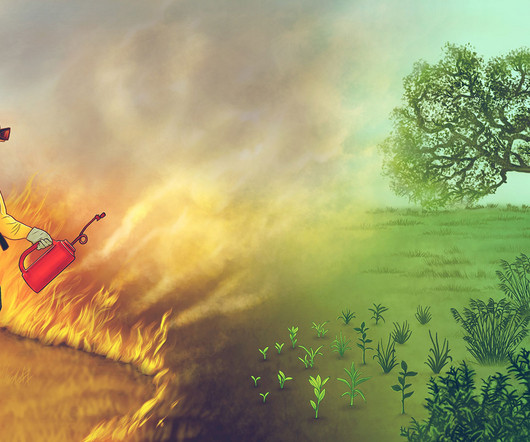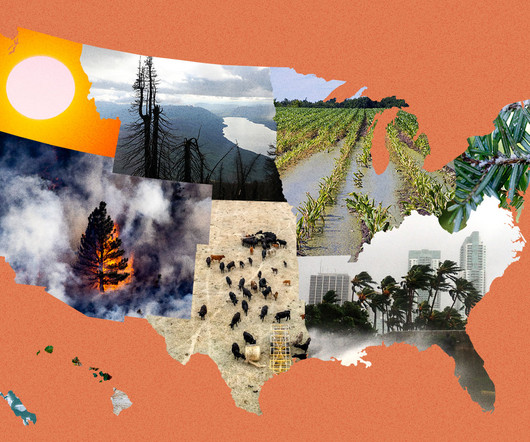Climate change is the biggest public health issue
AGreenLiving
SEPTEMBER 7, 2021
More than 220 of the world’s top public health and medical journals have published a joint plea for the global population to reduce carbon emissions immediately. Humanity already faces irreversible public health threats, the editors wrote. The science is unequivocal: a global increase of 1.5 degrees Celsius [2.7






















Let's personalize your content